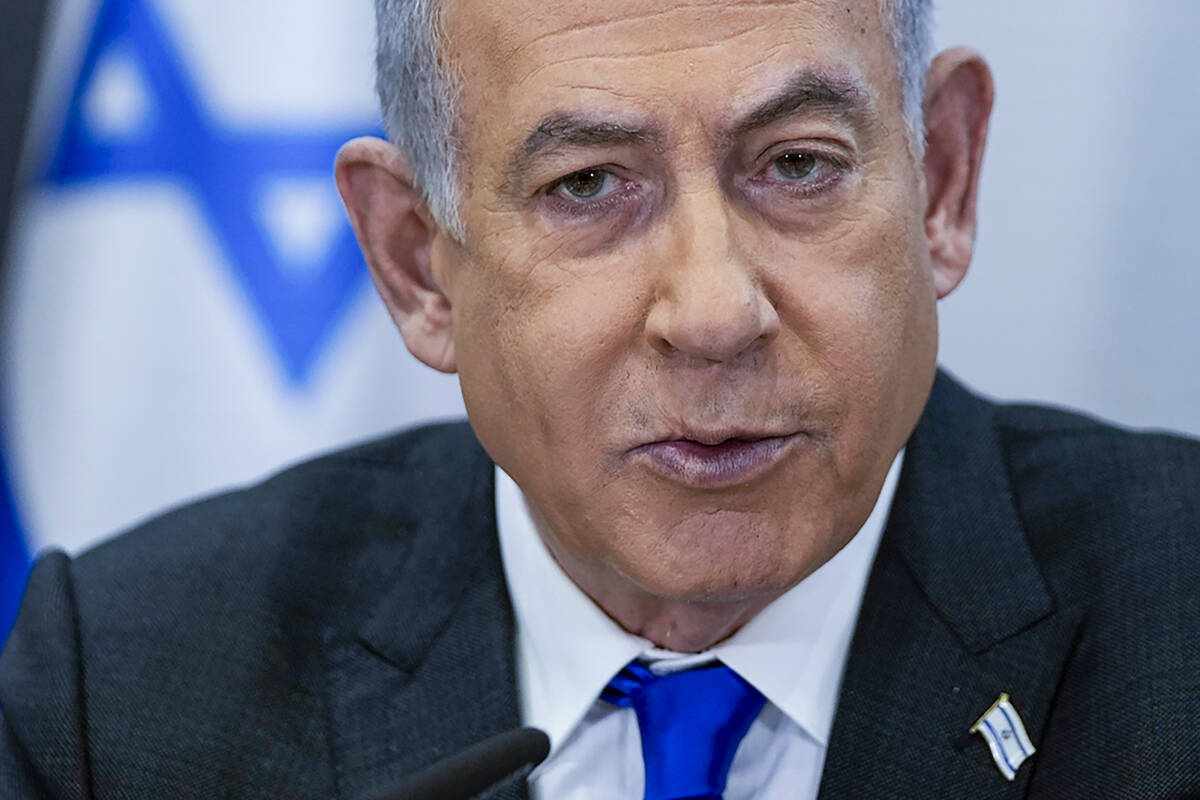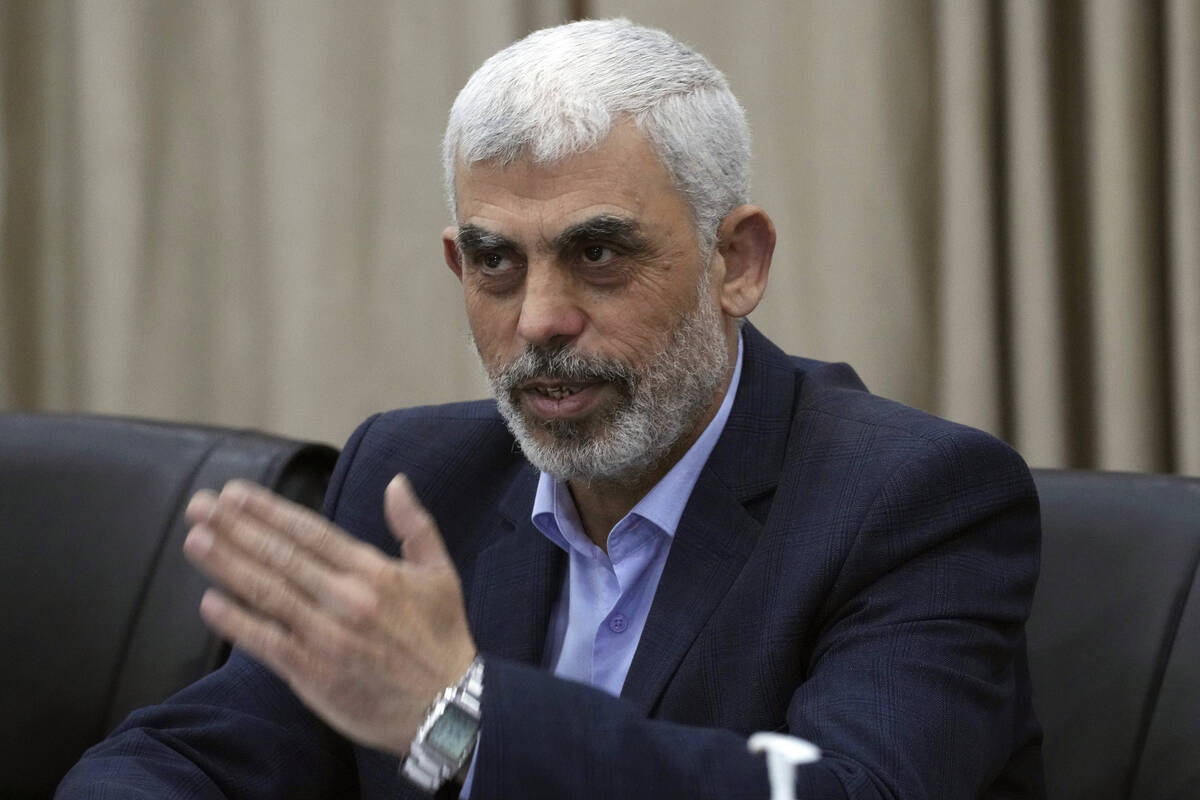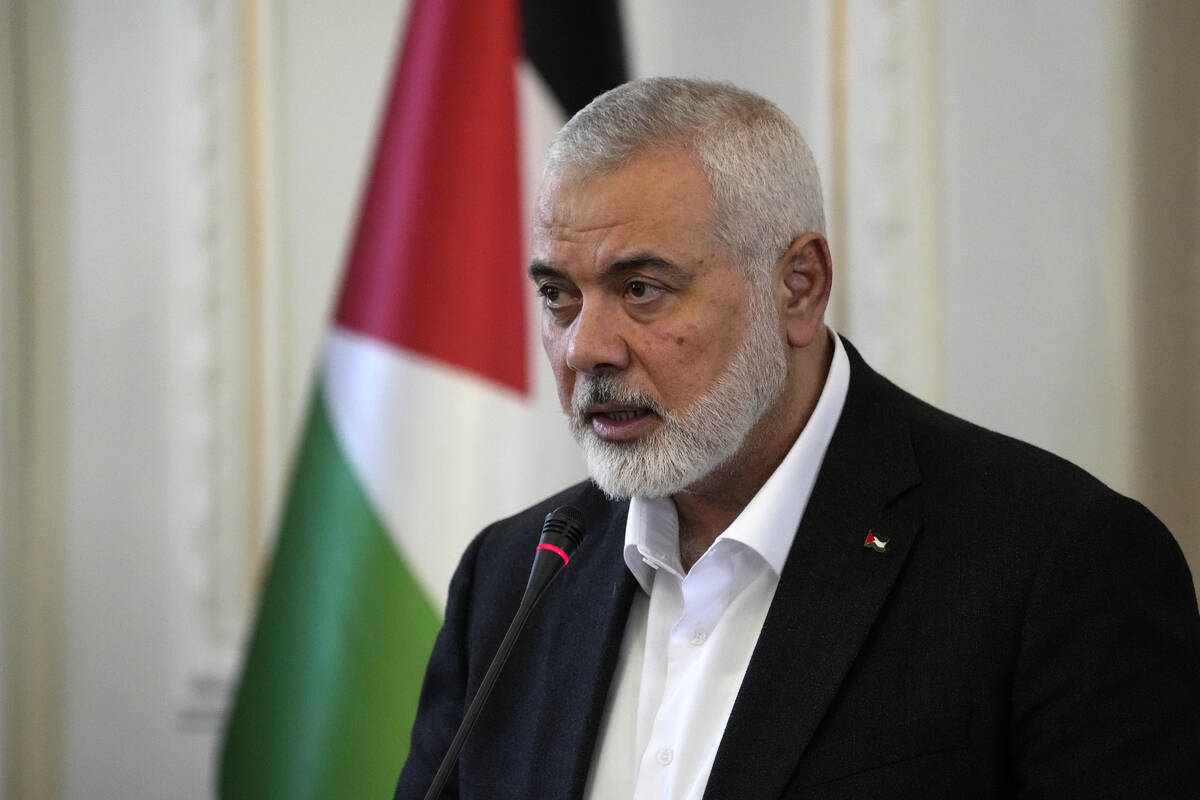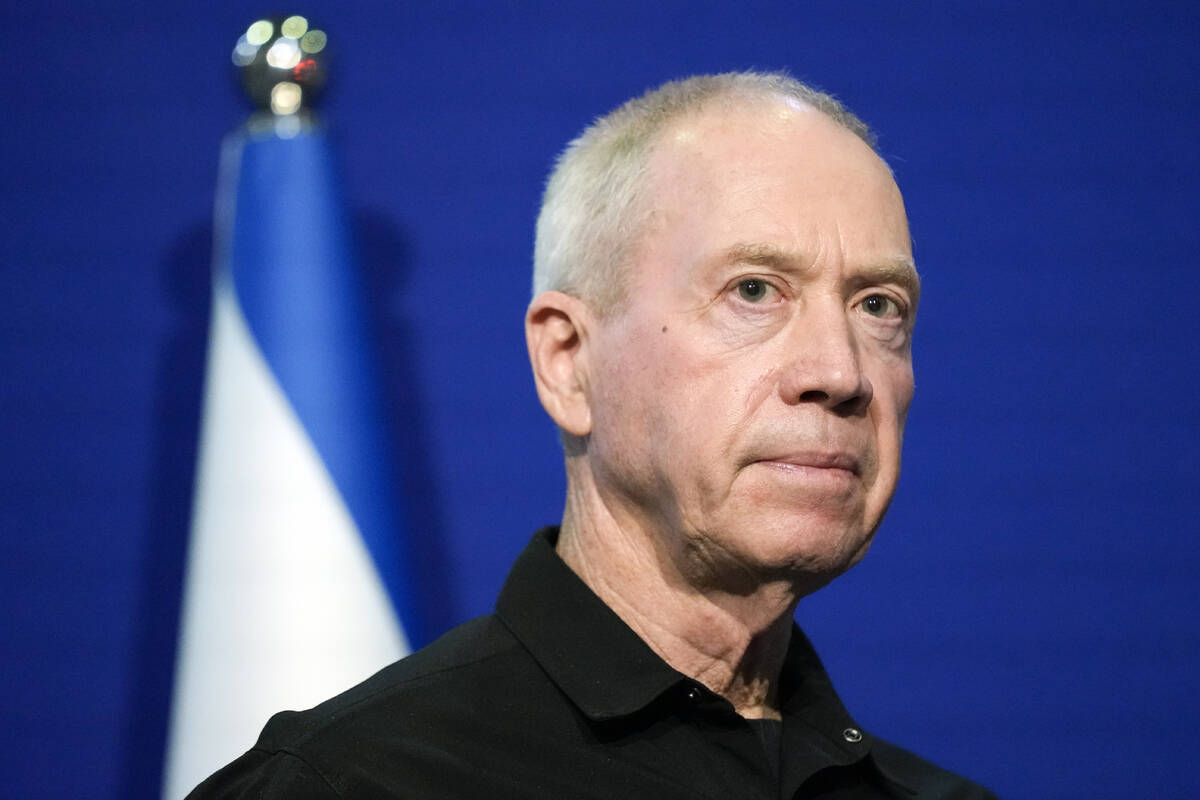War crimes prosecutor seeks arrest of Netanyahu, other Israeli, Hamas leaders
JERUSALEM — The chief prosecutor of the world’s top war crimes court said Monday he is seeking arrest warrants for leaders of Israel and Hamas, including Israeli Prime Minister Benjamin Netanyahu, over actions taken during their seven-month war.
Netanyahu and other Israeli leaders condemned by the move by the International Criminal Court’s chief prosecutor as disgraceful and antisemitic. President Joe Biden also lambasted the prosecutor and supported Israel’s right to defend itself against Hamas terrorists.
President Biden said the ICC prosecutor’s desire to arrest Netanyahu and his defense minister, Yoav Gallant, was “outrageous,” adding “whatever this prosecutor might imply, there is no equivalence — none — between Israel and Hamas.”
Hamas also denounced the ICC prosecutor’s request to arrest its leaders, saying it “equates the victim with the executioner.”
The court’s prosecutor, Karim Khan, accused Netanyahu, Gallant, and three Hamas leaders — Yehia Sinwar, Mohammed Deif and Ismail Haniyeh — of war crimes and crimes against humanity in the Gaza Strip and Israel.
A panel of three judges will decide whether to issue the arrest warrants and allow a case to proceed. The judges typically take two months to make such decisions.
Israel is not a member of the court, so even if the arrest warrants are issued, Netanyahu and Gallant do not face any immediate risk of prosecution. But the threat of arrest could make it difficult for the Israeli leaders to travel abroad.
Netanyahu called the prosecutor’s accusations against him a “disgrace” and attack on the Israeli military and all of Israel. He vowed to press ahead with Israel’s war against Hamas terrorists.
Netanyahu has come under heavy pressure at home to end the war sooner rather than later. Thousands of Israelis have joined weekly demonstrations calling on the government to reach a deal to bring home Israeli hostages in Hamas captivity, fearing that time is running out.
In recent days, the two other members of his war Cabinet, Gallant and Benny Gantz, have threatened to resign if Netanyahu does not spell out a clear postwar vision for Gaza.
But on Monday, Netanyahu received wall-to-wall support as politicians across the spectrum condemned the ICC prosecutor’s move. They included Israel’s president, Isaac Herzog, and his two main political rivals, Gantz and opposition leader Yair Lapid.
Hamas is already considered an international terrorist group by the United States, Canada and the European Union. Both Sinwar and Deif are believed to be hiding in Gaza. But Haniyeh, the supreme leader of the Islamic militant group, is based in Qatar and frequently travels across the region. Qatar, like Israel, is not a member of the ICC.
The latest war between Israel and Hamas began on Oct. 7, when terrorists from Gaza crossed into Israel and killed some 1,200 people, mostly civilians, and took 250 others hostage.
Since then, Israel has waged a campaign to dismantle Hamas in Gaza. More than 35,000 Palestinians have been killed in the fighting, according to the Hamas-run Health Ministry in Gaza.
Israel is also facing a South African case in the International Court of Justice, the U.N.’s top court, accusing Israel of genocide. Israel denies those charges.
The ICC was established in 2002 as the permanent court of last resort to prosecute individuals responsible for the world’s most heinous atrocities — war crimes, crimes against humanity, genocide and the crime of aggression.
The U.N. General Assembly endorsed the ICC, but the court is independent.
Dozens of countries don’t accept the court’s jurisdiction over war crimes, genocide and other crimes. They include Israel, the United States, Russia and China.
The ICC becomes involved when nations are unable or unwilling to prosecute crimes on their territory. Israel argues it has a functioning court system.
The ICC accepted “The State of Palestine” as a member in 2015, a year after the Palestinians accepted the court’s jurisdiction.
Molly Quell in Delft, Netherlands, and Mike Corder in Ede, Netherlands, contributed.




















